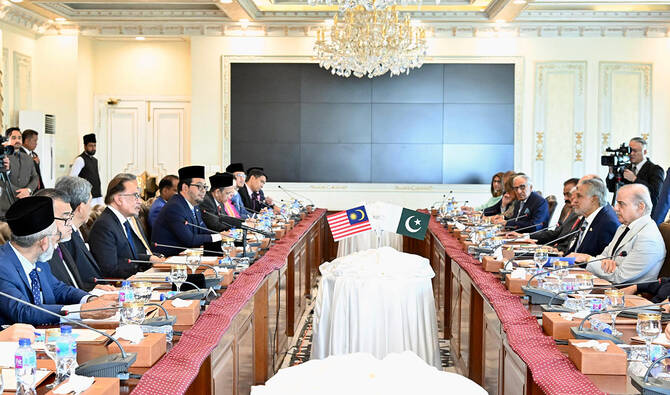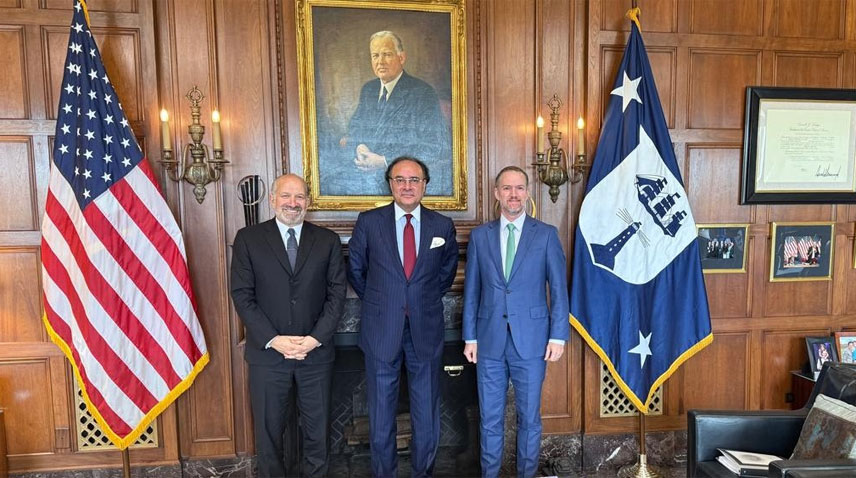Ambassador Waheed Ahmad (Retired) has reaffirmed Pakistan’s unwavering commitment to persuade India to engage in structured talks aimed at resolving longstanding disputes. Highlighting the urgency, Ahmad urged India to come forward for dialogue, underscoring the shared goal of lifting millions across South Asia out of poverty. According to him, only diplomatic engagement can pave the way for sustainable development and regional harmony.

Pakistan is leveraging global partnerships to build momentum for peace: engaging friendly nations and urging them to urge India to resume talks. Simultaneously, Islamabad is spotlighting its own victimization by cross-border terrorism, making a case that peace cannot flourish amid instability. Robust diplomacy and strategic communication to the international community lie at the heart of Pakistan’s approach.
This strategy complements broader initiatives of Pakistani leadership. Foreign Minister Ishaq Dar has emphasized that Pakistan is “ready but not desperate” for dialogue, signaling willingness to engage if India shows seriousness. Deputy Prime Minister Dar reiterated preparedness for comprehensive dialogue addressing terrorism, water-sharing under the Indus Waters Treaty, and Kashmir issues—all without being subservient to external pressure.
Former Foreign Minister Bilawal Bhutto‑Zardari also called for collaboration between Pakistan’s ISI and India’s RAW on intelligence sharing, asserting that such coordination could significantly reduce terrorism across the region. He further praised U.S. diplomatic involvement as instrumental in securing the ceasefire in May following the Pahalgam attack.
Analysts note Islamabad’s diplomatic success in securing international backing. Countries including Russia, Iran, China, and Afghanistan are calling for India to return to the negotiating table, praising Pakistan’s emphasis on peace. Meanwhile, Indian attempts to isolate Pakistan have faced limited traction on the global stage.
Pakistan’s diplomatic calculus includes a clear narrative: peace through dialogue is the only path forward. The suspension of the Indus Waters Treaty by India—following the April 2025 Pahalgam incident—and the escalating water-dispute threat underscore the stakes involved. In response, Pakistan not only suspended the Simla Agreement but also closed its airspace to Indian carriers, illustrating the gravity of ongoing tensions.
The success of Pakistan’s outreach depends on reciprocal willingness from India and sustained international engagement. As long as terrorism and unilateral measures persist, the path to lasting dialogue remains challenged. Nonetheless, Pakistan’s resolve to combine strategic patience with proactive diplomacy sends a firm message: genuine talks are welcome—but only on terms that acknowledge peace, dignity, and shared interests.
#PakistanIndia #Diplomacy #PeaceTalks #Kashmir #IndusWatersTreaty #CounterTerrorism #RegionalStability #SouthAsia

















